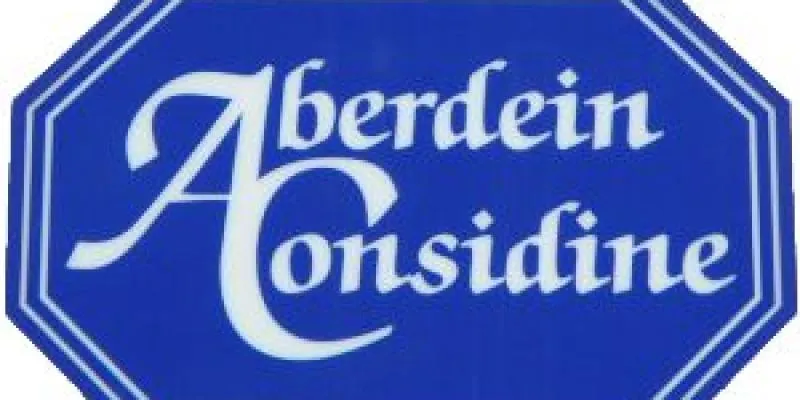The annual rate of inflation stands at 9.1 per cent, says Halifax, which is the highest rate for 14 months.
The lender believes that the pressures on the household sector resulting from higher unemployment and significantly higher household bills, together with the current high level of house prices in relation to earnings are likely to constrain housing demand and curb house price growth and activity over the remainder of 2006.
The number of mortgage approvals to fund house purchase fell by 7 per cent in April, according to the latest Bank of England figures. This was the second fall in four months.
The latest survey from the Royal Institution of Chartered Surveyors reported little change in newly agreed sales in April, ending a run of six successive monthly increases. Buyer enquiries continued to rise, but the pace of increase in April was the slowest since June 2005.
Martin Ellis, chief economist at Halifax says that a combination of factors is expected to cause activity and house price inflation to ease over the remainder of 2006.
The number of people unemployed in the three months to March 2006 was 44,000 higher than in the preceding three months and up 177,000 compared with a year earlier.
Substantial increases in utility bills and above inflation council tax rises are also putting pressure on householders finances.
Martin Ellis says: These pressures together with the current high level of house prices in relation to earnings are likely to constrain housing demand and curb price growth and activity.
But sound fundementals such as a strengthening economy, high levels of employment and low interest rates, will however, continue to support the housing market over the remainder of 2006, ensuring that the market remains in good health.
Find out how much your home is worth


 Buy-to-let
Buy-to-let



















